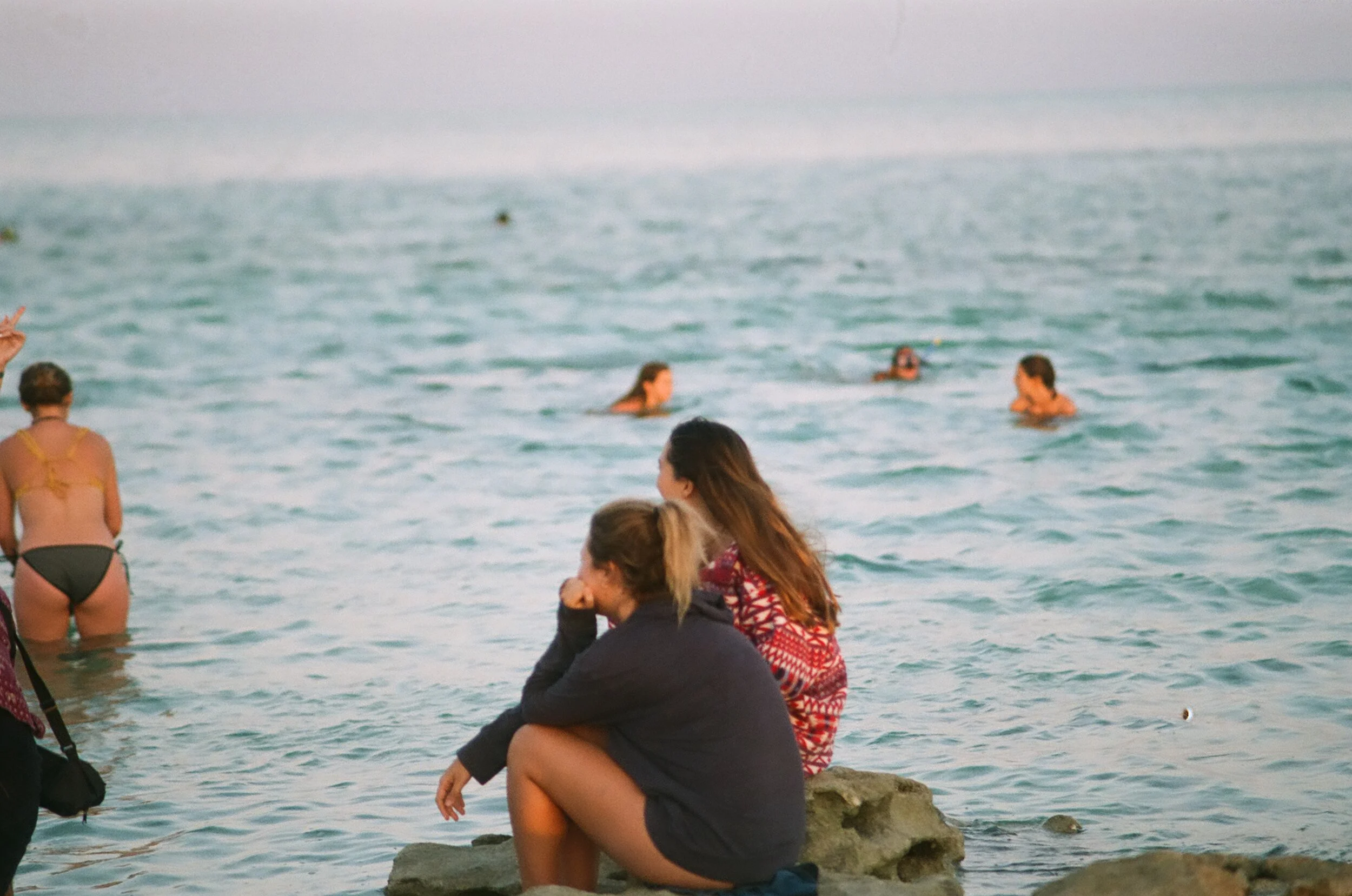An introduction to the Social Ocean
This quarter I took a class called The Social Ocean. I will tell you what that meant in the context of the class, but first I want you to think about what it means to you. What is the “social ocean?” For me, the “social ocean” encompasses the concept that we are all connected to the oceans. The oxygen in approximately every other breath you take is from photosynthetic algae in the seas. We are all reliant upon the oceans and connected to them, no matter where we live. The oceans are inherently linked with human society and culture. The “social ocean” encompasses all of the ways that we as humans interact with the seas as well as all of the ecosystem and organismal interactions within the oceans. What did you think of when you first read “the social ocean?”
In this class, we talked a lot about the different relationships that people have with the oceans and how each of us is connected to the seas. I wanted to explore these relationships further. I will be starting a series on my blog where I talk to a variety of people about their connection to and relationship with the ocean. I will talk to marine scientists and advocates, recreational ocean-goers, and even those who don’t live or work near the ocean at all. We are all reliant upon the oceans and I want to explore the variety of relationships people have with the seas to see how we can all work together to protect and preserve marine ecosystems for generations to come.
To kick off this series I spoke to two women who relate to the oceans in different ways (look out for their individual blog posts to be coming soon). I spoke to Ellie Jones a marine scientist, science communicator, and the founder of Everblue. From the early age of eleven, Ellie had already fallen in love with the ocean and started to realize that, “this thing that [she] loves deeply is kind of in trouble.” From then on, she knew that she wanted to help the oceans in some way. Growing up, that meant aspiring to be a marine biologist and studying marine science in college. Right now, that means starting her non-profit Everblue and encouraging others to live more ocean-conscious lifestyles through science communication and social media (follow Everblue on Instagram @oceaneverblue to learn more!).
To contrast with Ellie’s very ocean-centered lifestyle, I wanted to talk to someone a bit more removed from the oceans to see how their relationship might be different. I spoke to a classmate of mine, Emma Offenberg, who grew up in Phoenix, Arizona, and was even afraid of swimming in the ocean for a while when she was a teenager. Now, Emma is a self-proclaimed animal behavior scientist in training who thinks a lot about sustainability and took this class with me to learn more about the social aspects of marine science and how marine science and the social sciences intersect.
Though these two wonderful women have different relationships with the oceans, they both have immense respect for the oceans and recognize the important role they play in our climate system and for all life on Earth. They also recognize the importance of marine science, not only for the sake of exploring the planet that we live on, but also to advance our understanding of the impacts that we are having on the oceans. Emma talked about how through further study of the oceans and the ecosystems and organisms that live within them we can better anticipate the extent of our impact on the oceans. Marine science is invaluable in the understanding it provides us with.
Though we all three agreed that marine science is important, what we recognize as almost more important right now is the need for interdisciplinary marine science. Like I mentioned earlier, humans are intrinsically linked to the oceans, especially those indigenous peoples that maintain the oceans as a part of their culture. As scientists and inhabitants of this blue planet, we need to encourage collaboration between the social sciences and marine science. Not only do local people and indigenous cultures have a wealth of knowledge pertaining to the oceans, but there are also plenty of environmental justice and access issues in this country that wrongfully disconnect people from the oceans.
I told you at the beginning I would tell you what “the social ocean” means, but in truth, it means so many things and something different to everyone. To Ellie, it has three meanings. The species interactions within marine ecosystems, the ocean as a space to connect with friends and yourself, and the use of social media as a form of science communication and knowledge dissemination. To Emma, “the social ocean” was a phrase that encompassed all of the social injustices and connections (or lack thereof) that people have with the oceans. So, I can’t tell you exactly what “the social ocean” means, but I can tell you what it means to certain people. Hopefully throughout this series and hearing about different people’s definitions of “the social ocean” you can come up with what it means to you. There is no wrong answer, the oceans are a social place and that manifests itself differently for different people.
Stay tuned for the individual blog posts about Ellie and Emma and more people of this earth that I talk to about “the social ocean.” Let me know if you have recommendations for who you would like me to reach out to!

